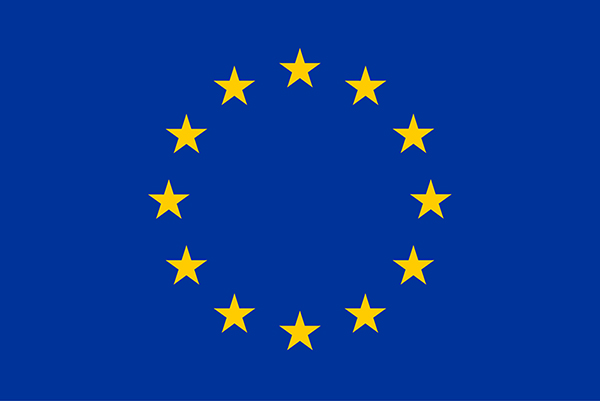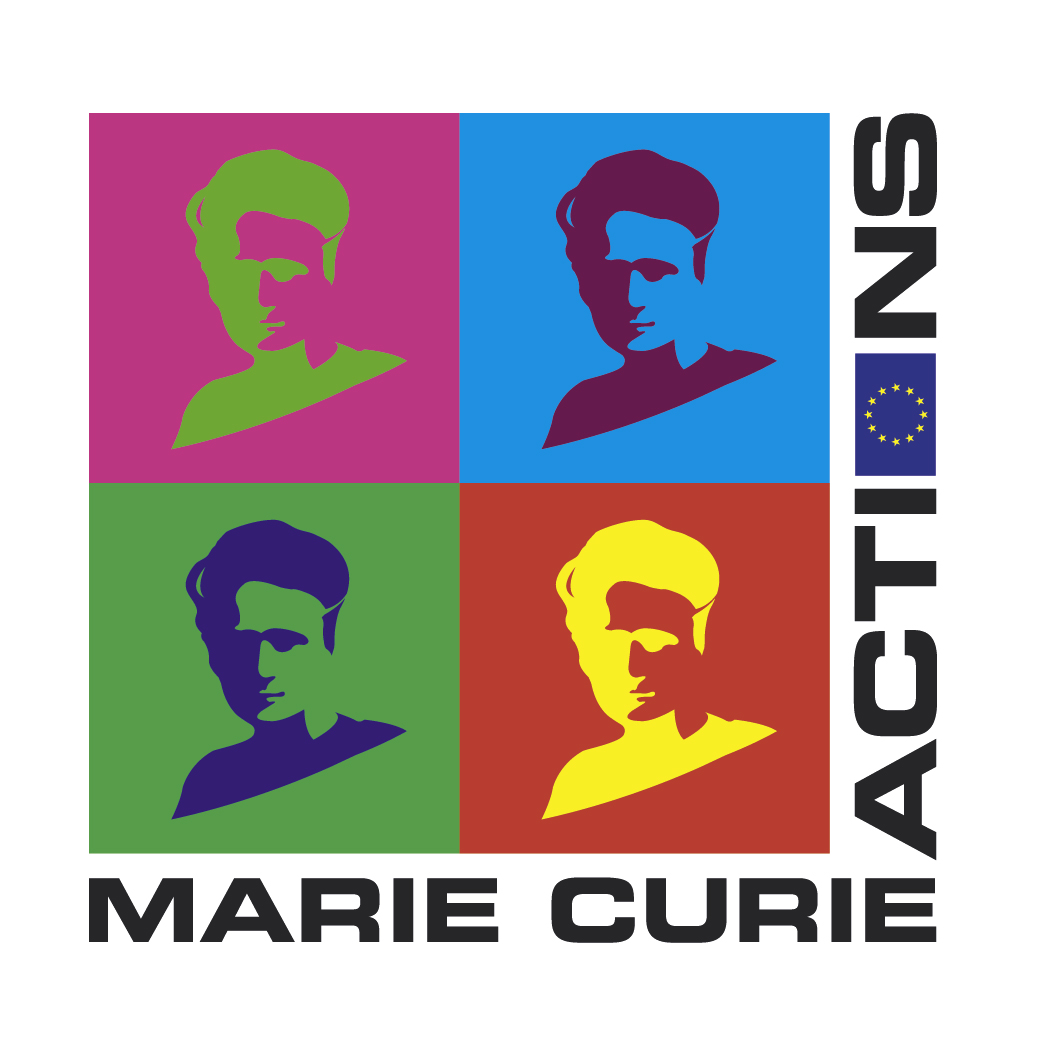Bio: I got my B.Sc. degree in Applied Mathematics in 2009. With my great interest in Information Technology, I decided to pursue my studies in M.Sc level in a relative field at Tampere University of Technology (TUT) in Finland where I started in 2012. Majoring in Computer Networks and Communications, I got to work on developing a new wireless communication technology standard - IEEE802.11AH. As of beginning of 2016, I got accepted as an industrial PhD student in a joint project with Ericsson, as the industrial partner, where I would be collaborating and working with for half of my research time during my PhD.
Research Focus : My current research is focused on reducing the total cost of services offered in a network by using an optimum dynamic planning and resource allocation. This idea is based on the already excisting network infrastructure such as Cloud technologies. One trending research on this topic is called “Fog networks” where we target to deliver services to users with less delay and more cost efficiency. We are conducting our research with percise problem definition and mathematical modeling to enable our model to be expanded and shaped into various standards and network deployments. The developed model can solve matching several requests for services from multi users to multi servers with different type of services and available resource. It can also take into account the requirements such as Quality of Service, overloading or limited available connections and optimize the final cost accordingly.
Antzela Kosta - ESR2
Bio: Antzela Kosta received her Diploma degree (five-year program) from the School of Electronic and Computer Engineering, Technical University of Crete (TUC), Greece, in January 2015 and later worked as a Research Assistant in the Telecommunication Systems Institute, TUC, Greece. In her thesis and followed research she worked on channel coding and physical layer security in wireless communications. In December 2015, Antzela joined the Mobile Telecommunications group at Linköping University as a PhD student. Her research focuses on meeting stringent timeliness constraints in application defined networks. Antzela is also part time collaborating with Ericsson AB.
Research Focus: The Internet of Things (IoT) is here with applications bearing challenging requirements on the network and communication infrastructure. Our focus is on the communication systems adaptability to meet stringent timeliness constraints coming from sensing and actuation applications within the IoT. Doing so, we are working within a modeling framework capturing notions such as the Age of information, Cost of Update Delay, and Value of Information. Our target is to provide characterizations and insight on these metrics and leverage them towards 5G and beyond networking schemes such as edge caching.
Mohamed Ali - ESR3
Bio: Mr. Mohamed Ali got his B.Sc. in Electrical and Electronics Engineering and M.Sc. in Communications Engineering in 2010 and 2014, respectively. Mohamed conducted a research for his master’s thesis on interference management for Wireless Heterogeneous Networks and investigated the techniques that improve the system’s capacity by reducing the cross-layer interference. Mohamed also has 4 years of industrial experience as he worked as a BSS Engineer and as a Microwave Transmission Engineer with Huawei Co. Ltd. and Libyana Mobile Phone, respectively. His current research is focused on radio access networks, resource allocation and interference management for Multi-Radio Heterogeneous networks. He is currently a research fellow in the WiVi-2020 project and a PhD candidate at the University of Crete in the Computer Science Department.
Research Focus: Dense HetNets are expected to be one of the major technology drivers towards the next generation of wireless networks in order to satisfy the increasing demands of mobile users. Several challenges are facing mobile operators to fully deploy the new network architecture including efficient exploitation of the radio spectrum. Based on that, sharing the frequency bands across the layered base stations (BSs) that exist in the same geographical areas makes most of traditional Interference Management (IM) techniques obsolete to achieve the desirable spectral efficiency (SE). One of the open problems is the efficient delivery of real-time applications, e.g. video delivery, over the wireless interface under the high interference scenarios in HetNets. Besides, there is no doubt that the demand for mobile data communications has increased with the proliferation of smart phones and mobile devices. Indeed, video applications are among the major end-user requirements which are known to be delay-sensitive and require relatively larger bandwidth, especially when it comes to real-time video streaming. However, tradition performance metrics, e.g. quality of service (QoS) and system throughput, aim to optimize the mobile network performance and do not consider the end-user satisfaction. For that reason, the Quality of Experience (QoE) was defined as the metric that quantifies the subject and objective performance of the network according to the user's satisfaction. The aim of the PhD research is to venture in the topic of interference management and spectral efficiency for the delivery of video applications in HetNets.
Tewelde Degefa Assefa - ESR4
Bio: Tewelde Degefa received his Bachelor degree in Electronics and Communications Engineering from Mekelle Institute of Technology, Ethiopia and Master’s degree in Telematics from Norwegian University of Science and Technology (NTNU), Norway. During master’s thesis he worked with QoS performance evaluation of LTE networks with random linear network coding techniques, a promising technique to achieve reliable transmission for wireless networks by leveraging the natural feature of redundant information in wireless network nodes. He joined WiVi-2020 project on April 2016 as ESR4, and he is investigating a Software Defined Networking (SDN) based wireless architecture for future heterogeneous radio access networks. Currently he is based at Foundation for Research and Technology Hellas (FORTH)- Heraklion, Greece. Along side his PhD research, he is member of Internet Security, Privacy and Intelligent Research Group (INSPIRE) at Institute of Computer Science (ICS)-FORTH and University of Crete.
Research Focus: His current research area focuses on integration of SDN paradigm into future wireless networks in order to leverage SDN features in various applications of the wireless networks. In particular, he is investigating how various aspects of Mobility and Connectivity Management of current and future mobile networks can be enhanced using the SDN approach so as to overcome some of the current mobility management challenges such as, high signaling overhead and network latency, packet loss and traffic re-routing. Therefore, an SDN approach with separate control and data plane arachitecture could benefit mobility management by coordinating handover and location management between several involved network devices, within and among radio access networks, and by optimizing the routing process according to mobile node movement and network status. Furthermore, the SDN flexibility and openness will benefit in implementing a radio interface independent handover that allows interoperability and efficient use of spectrum.
Rashedul Hoque - ESR5
Bio: Rashedul Hoque received the BSc. degree in Electrical and Electronics Engineering from American International University-Bangladesh, in 2009 and MSc degree in Communication System from Lund University, Sweden in 2012. He is currently working as an Early Stage Researcher at Cyta Hellas Telecommunications S.A. Athens, Greece and pursuing the Ph.D. degree at University of Crete, Greece. From 2012 until 2015, he was with the Department of Electrical and Electronics Engineering at American International University-Bangladesh (AIUB) as a Lecturer. He published 7 IEEE conference papers and 2 journal papers. His research interest is on wireless communication networks with a focus on hybrid resource allocation, mm-wave antenna system, offloading via Wi-Fi, heterogeneous networks, multi-RAT and interference management.
Research Focus: The research is emphases on the development of hybrid resource allocation schemes aiming to mitigate interference in heterogeneous Radio Access Technologies (RATs). Towards the 5G network the interference controlling and resource allocation are vital matters since the interference sources will be more differentiated. The main goal of this research is to propose improved resource allocation and make the best use of network capacity depending on the application that the entities support by evolving processes for power control and transmission mode selecting.
Georgios Smpokos - ESR6
Bio : Georgios Smpokos received the diploma in Electrical and Computer Engineering from the Aristotle University of Thessaloniki, Greece and the MSc degree in Wireless Communication from the University of Southampton in the United Kingdom in 2009 and 2011 respectively. He has worked for five years (2011-2016) in the United Kingdom in the wireless and telecommunications sectors in engineering roles. He is currently a Marie Skłodowska-Curie Early Stage Researcher (ESR) participating in the WiVi-2020 Marie Skłodowska-Curie Initial Training Network – European Industrial Doctorate (MSCA-ITN-EID) project starting on October 1st 2015. He is based in Athens, Greece within Cyta Hellas conducting his research and is a Ph.D. degree candidate in the Department of Science and Technology (ITN) in Linköping University, Sweden. His research interests are in network optimization, core-access network virtualization, traffic scheduling, software defined networks, network function virtualization.
Research Focus: The research that the teams in CYTA and LiU are planning will initially focus on the latest research and bibliography of the advancements of virtualization (SDN, NFV) techniques for the access and core networks. The study of these advancements will aim on analysing novel splitting techniques and traffic optimization procedures for interworking solutions where cellular networks (LTE, LTE-A, UMTS) will coexist and offload some or all of the traffic requested by subscribers to non-cellular networks (small cells) mainly based on 3GPP Wi-Fi solutions (IEEE 802.11 standards). There will be an analysis of novel optimization tools that will eventually lead to a holistic solution for access-core interworking where NFV and slicing will be included as fundamental technologies. Optimizing the access network procedures and interworking (resource allocation, scheduling, offloading) will guide us in optimizing the virtualized core where we will develop a system that models real life network scenarios. That model will further implement the concept of slicing where we will study how we can offer services based on specific KPIs continuously, independent of the traffic load and congestion of the total network. The simulations that will be planned and executed will include novel optimization algorithms for interworking solutions run on simulation tools. Our target will be to implement a prototype for testing the novel optimization techniques based on our proposals using CYTA’s (MVNO) virtualized cellular network.



